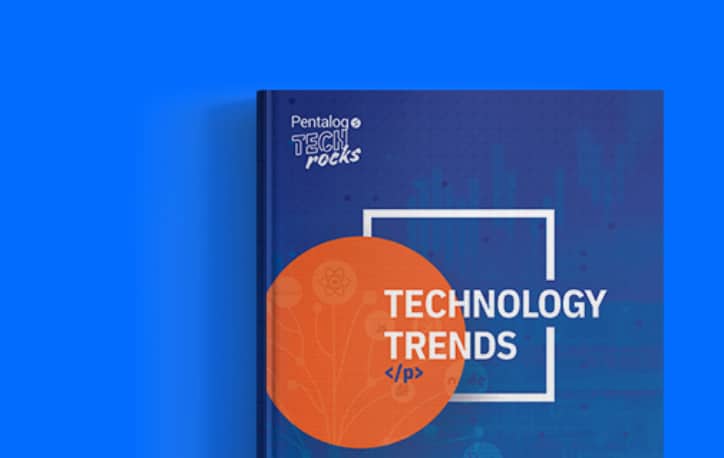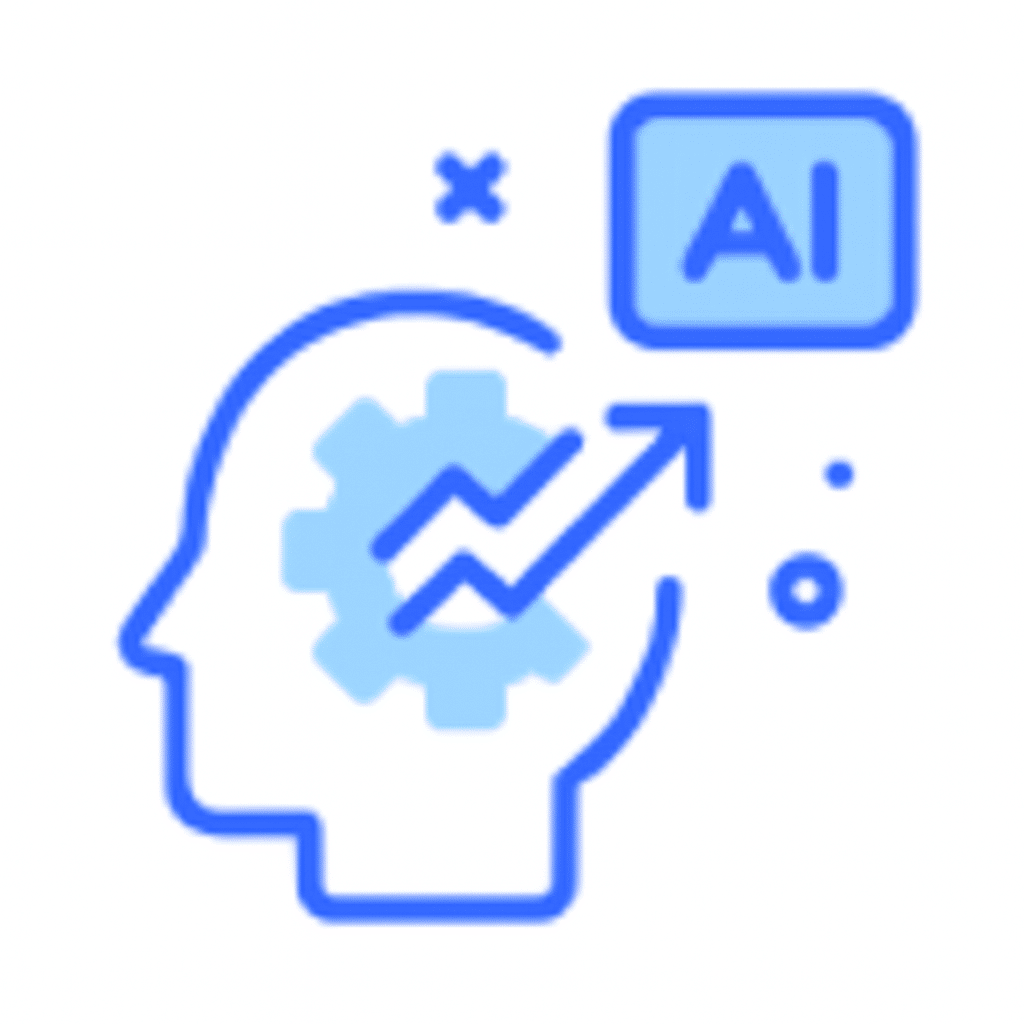Data quality for healthcare
Identify and consolidate patient data across multiple EHR platforms and databases. Standardize inconsistent fields, reconcile duplicate or unresolved patient identities, and generate a single, trusted patient record to ensure data accuracy and interoperability across your ecosystem.

Trusted By





Trusted By





Did you know?
How bad data affects healthcare?
Patient matching remains a critical challenge
38 percent of U.S. healthcare providers have incurred an adverse event within the last two years due to a patient matching issue.

Lack of a unique patient identifier
Healthcare providers often do not have a consistent, unique patient ID to accurately link records across disparate systems.

Duplicate medical records
Multiple name variations, inconsistent data formats, and data‐entry errors multiply complexity in datasets.

Incorrect diagnoses
Poor patient matching may lead to wrong medications, misdiagnoses, or delayed treatment.

Higher operating costs
Duplicate records and claim denials arising from fragmented data silos can cost hospitals thousands of dollars per patient.

ICD-10 classification challenges
Providers must map over 14,000 diagnostic codes to their practices accurately in order to maintain compliance and reporting standards.

Inconsistent data standards
Without clear governance and standardized formats, data varies wildly and prevents a unified view of patient information.
Solution
DataMatch Enterprise – A Robust Patient Matching Solution
DataMatch Enterprise, Data Ladder’s flagship matching engine, delivers precise patient matches across billions of EHR records—whether via batch scheduling or real-time API flows. With an intuitive interface and ready-to-use matching and cleansing tools, it makes patient data improvement effortless.

Customer Stories
See what healthcare organizations are saying...

DataMatch Enterprise™ was much easier to use than the other solutions we looked at. Being able to automate data cleaning and matching has saved us hundreds of person-hours each year.



We liked the ability of the product to categorize the data in the way that we need it, and its versatility in doing that.



The idea of linking two groups of records was overwhelming for the research department. The process would be very time-consuming and threaten the timeliness and process of the research activitie'


Business Benefits
What’s in it for you?
Enhanced interoperability
A unified patient view across internal and external systems improves secure data sharing among stakeholders when and where it's needed.
Lower costs
Eliminating duplicate records and resolving inconsistencies helps avoid unnecessary resource use—equipment, staffing, treatments—and reduces claim denials.
Effective patient care
Accurate record matching ensures history, diagnoses, and treatments are correctly linked; the result: higher patient satisfaction and better outcomes.
Faster ICD-10 classification
Streamline the mapping of thousands of diagnostic codes to clinical workflows, saving valuable staff time.
Greater visibility
Consistent data standards and reduced silos improve visibility of patient journeys across visits, tests, and procedures.
Reduced waiting times
Real-time API integrations and efficient data cleansing accelerate match discovery, minimizing treatment delays.
Want to know more?
Check out DME resources

Merging Data from Multiple Sources – Challenges and Solutions
Oops! We could not locate your form.

EMPI vs Entity Resolution: What Healthcare IT Teams Need to Know
Last Updated on March 3, 2026 The average healthcare organization carries 8% to 12% duplicate patient records, and in large health systems, that number often rises to 15% to

Dedupe Software Tools for Multi-Source Data Integration
Last Updated on February 27, 2026 Dedupe software identifies and removes duplicate records from databases, CRMs, and other data systems so organizations maintain a single,

EMPI vs Entity Resolution: What Healthcare IT Teams Need to Know
Last Updated on March 3, 2026 The average healthcare organization carries 8% to 12% duplicate patient records, and in large health systems, that number often rises to 15% to

Dedupe Software Tools for Multi-Source Data Integration
Last Updated on February 27, 2026 Dedupe software identifies and removes duplicate records from databases, CRMs, and other data systems so organizations maintain a single,

What Is Data Matching and Why Does It Matter?
Last Updated on February 27, 2026 Written by Data Ladder’s data quality team, drawing on 15+ years of experience helping enterprises match and deduplicate datasets

































